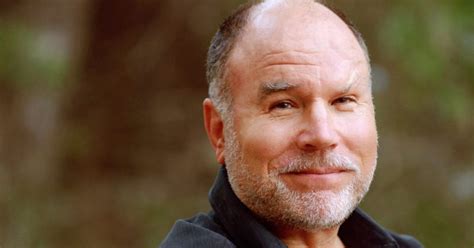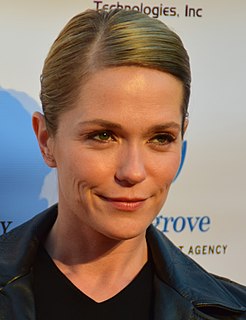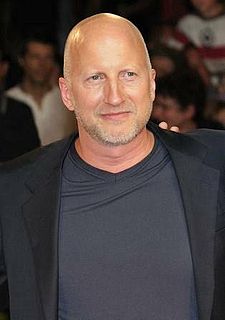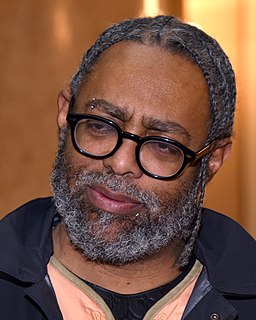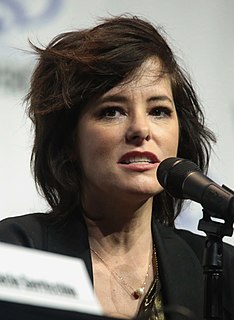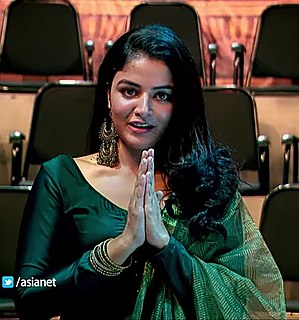A Quote by Pawel Pawlikowski
I'm not emotionally excited by the power of cinema's tricks anymore.
Related Quotes
What I get really excited about are movies that I connect with emotionally. 'Deliverance' was on TV, and they don't really make movies like that anymore, just simple and scary. The truly scary thing is, 'I'm going to threaten your life, I'm going to threaten the people you love. What are you going to do about it?'
More than my other films, Uncle Boonmee is very much about cinema, that's also why it's personal. If you care to look, each reel of the film has a different style - acting style, lighting style, or cinematic references - but most of them reflect movies. I think that when you make a film about recollection and death, you have to consider that cinema is also dying - at least this kind of old cinema that nobody makes anymore.
Why do people go to the cinema? What takes them into a darkened room where, for two hours, they watch the play of shadows on a sheet? The search for entertainment? The need for a kind of drug? ..I think that what a person normally goes to the cinema for is time: for time lost or spent or not yet had. He goes there for living experience; for cinema, like no other art, widens, enhances and concentrates a person’s experience-and not only enhances it but makes it longer, significantly longer. That is the power of cinema: ‘stars’, story-lines and entertainment have nothing to do with it.


